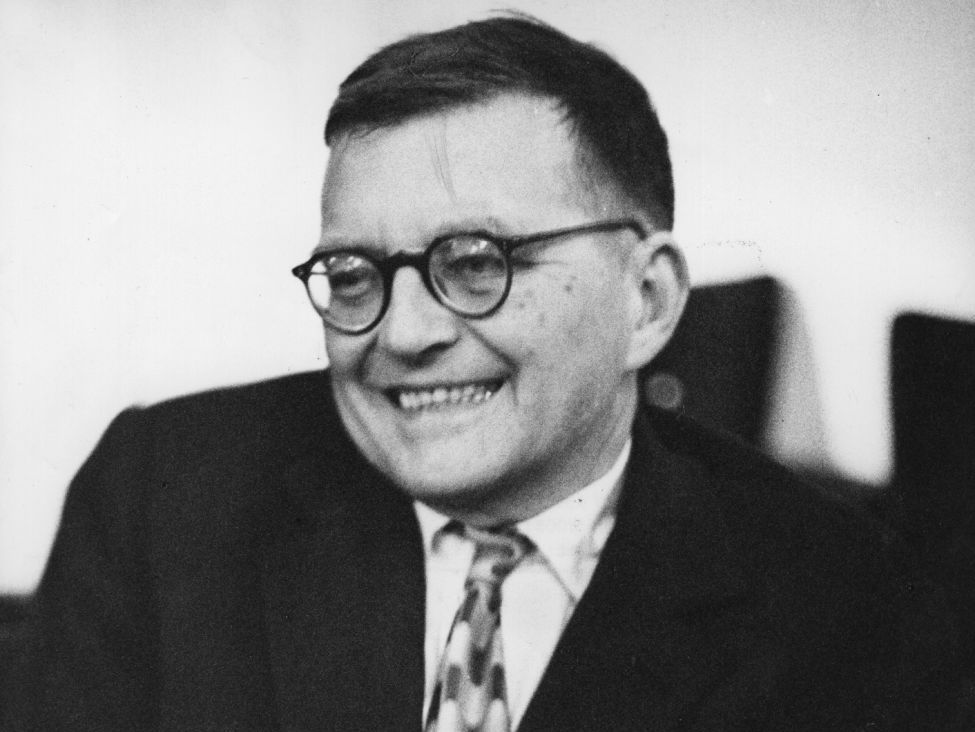Dmitri Shostakovich - String Quartet No. 8
Dmitri Shostakovich's String Quartet No. 8 in C minor, Op. 110, is one of the most significant and moving works in the entire string quartet repertoire. Composed in 1960, during a time when Shostakovich was deeply disillusioned with the Soviet regime, the quartet is a powerful testament to his personal struggles and convictions.
The quartet is unique in that it's dedicated "to the victims of fascism and war," reflecting his own experiences during World War II and the heavy toll that war and political repression took on the Soviet population. Many also interpret this quartet as Shostakovich's own personal musical testament or even an obituary, due to its emotional depth and the way it draws on themes from his previous works.
The quartet is structured in five movements, played without pause:
Largo
Allegro molto
Allegretto
Largo
Largo
A distinctive feature of the piece is the "DSCH" motif, which is derived from Shostakovich's own initials. In German musical notation, D, E flat, C, and B natural are denoted as D, S, C, and H, respectively. This theme is prevalent throughout the quartet, creating a haunting and deeply personal musical signature.
Shostakovich's String Quartet No. 8 is highly emotional and filled with pain, grief, and despair, but it also contains moments of resilience and even defiance. It's a profound expression of the human spirit in the face of suffering and oppression.
#Shostakovich #StringQuartet #String #Quartet #music #war #fascism


